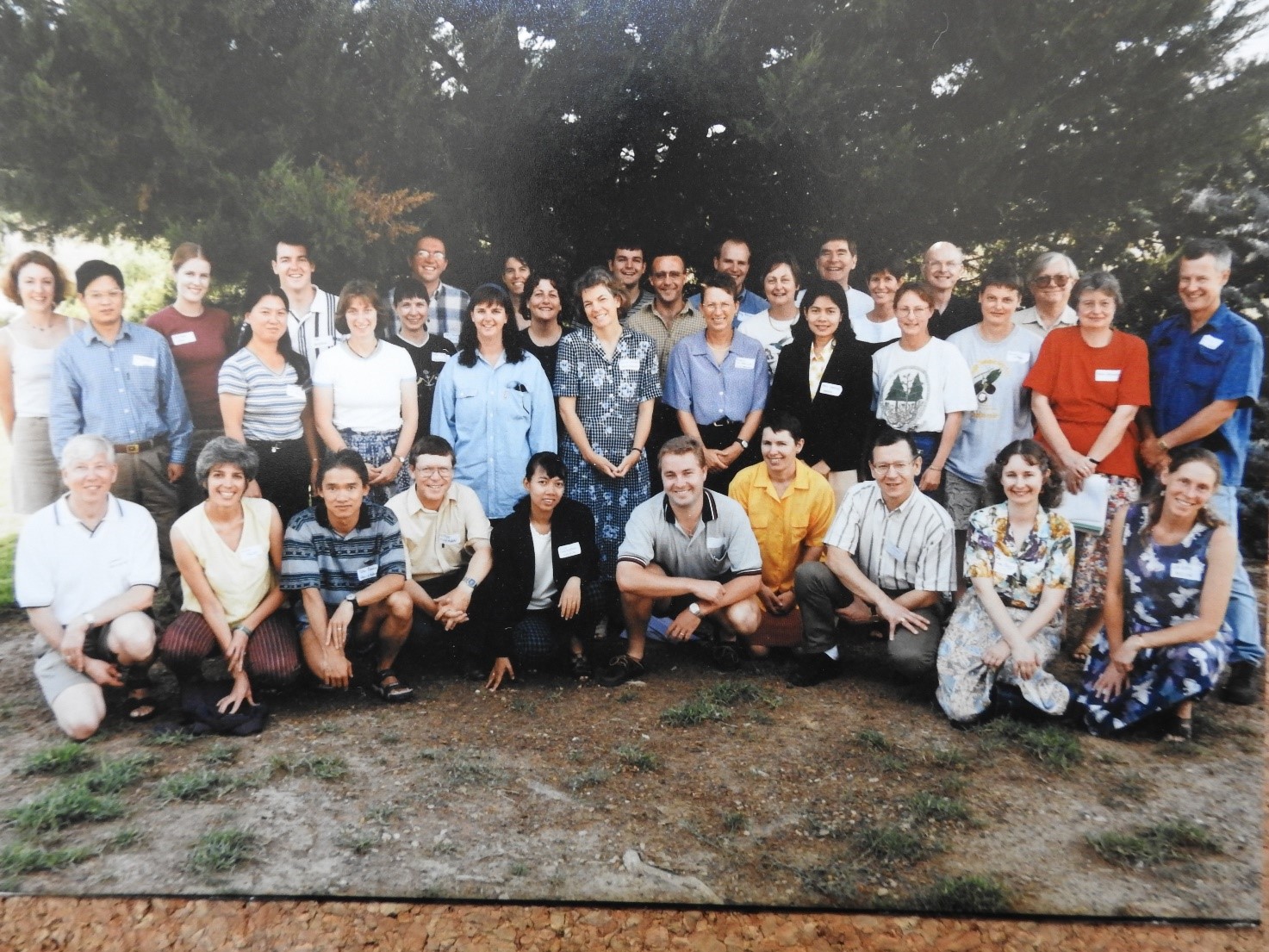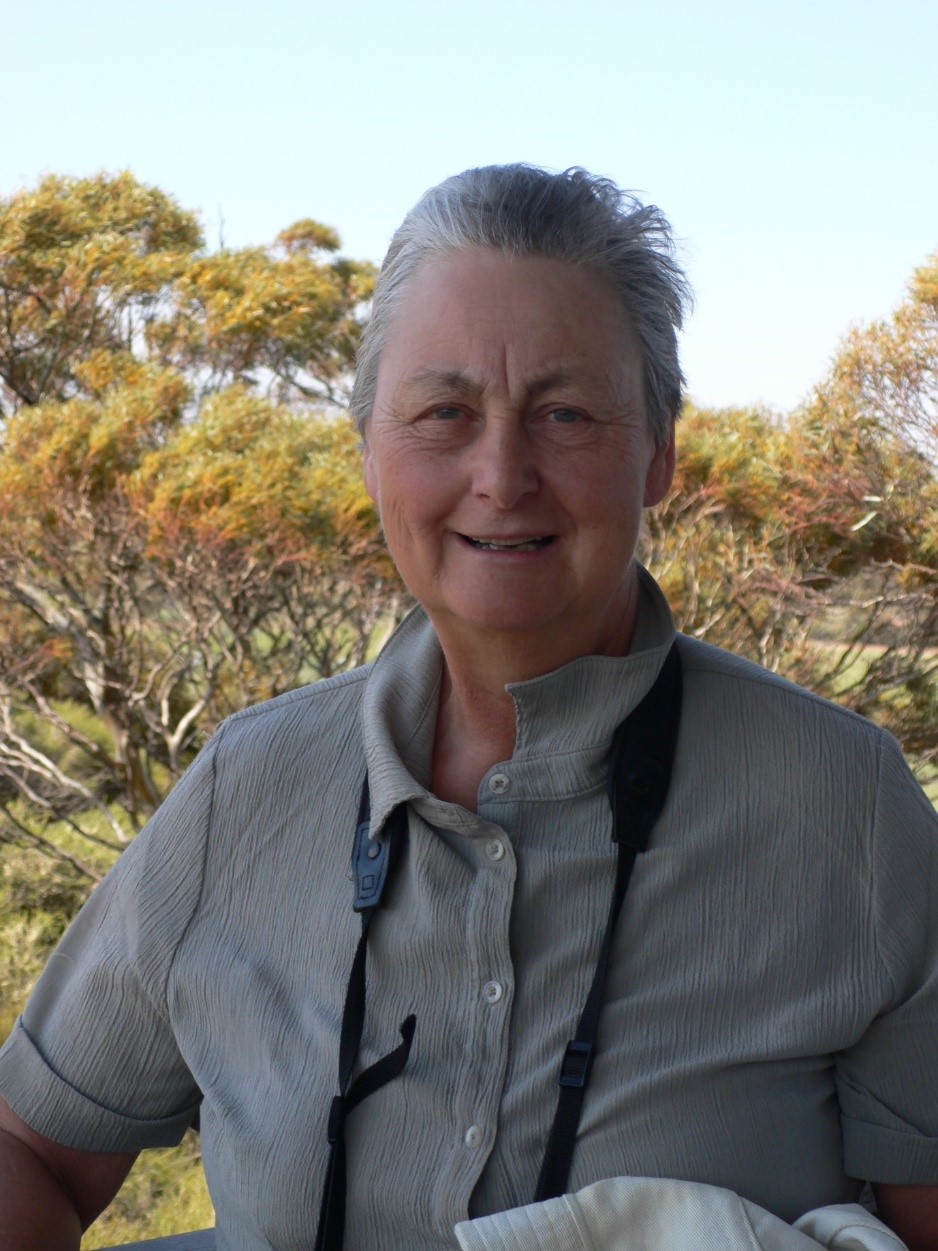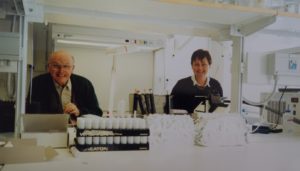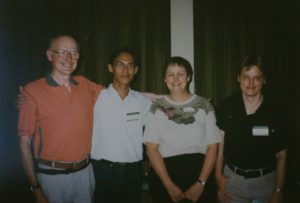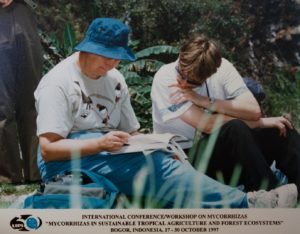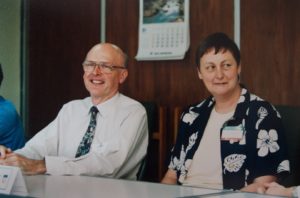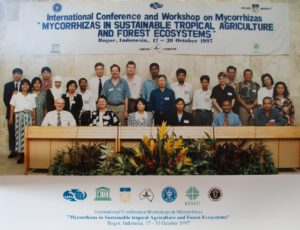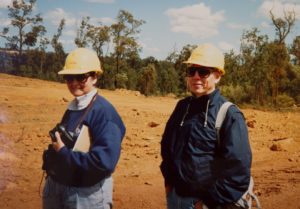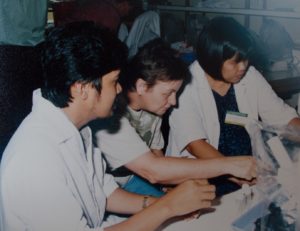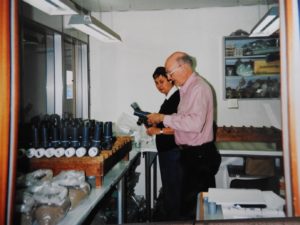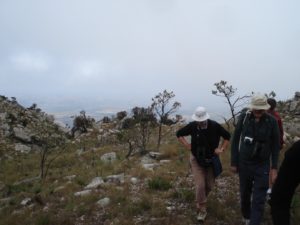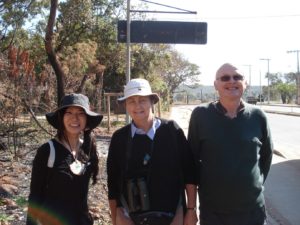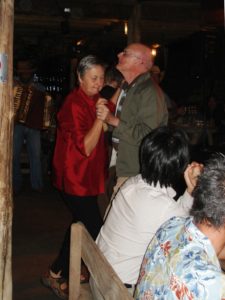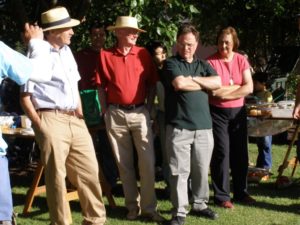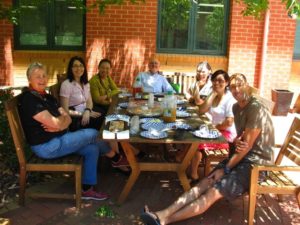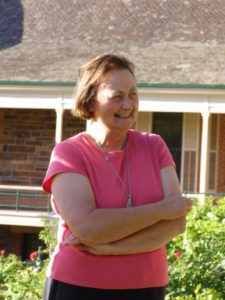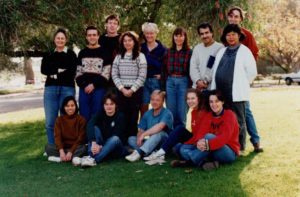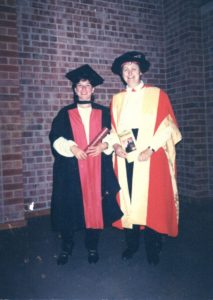- About
- Members
- Join
- Member log in
- Membership Renewal
- Member directory
- Life Members
- ASPS Life Member Professor Graham Farquhar
- ASPS Life Member Associate Professor Hendrik (Hank) Greenway
- ASPS Life Member Dr Marshall (Hal) D Hatch
- ASPS Life Member Dr Paul E Kriedmann
- ASPS Life Member Dr Mervyn Ludlow
- ASPS Life Member Emeritus Professor Rana Munns
- ASPS Life Member Conjoint Professor Christina E Offler
- ASPS Life Member Professor (Charles) Barry Osmond
- ASPS Life Member Emeritus Professor John W Patrick
- ASPS Life Member Dr Joe Wiskich
- Corresponding Members
- Elected Fellows
- Events
- Awards & Funding
- Employment
- Publications
- Research
- Teaching
- Menu
ASPS constitutional vote link. Vote now!
18 November 2019
ASPS members,
ASPS needs you to vote for a change in constitution to appoint state-based representatives
We need 2/3 rd of financial members to vote so please click on this link today
https://www.surveymonkey.com/r/8KH6FV5
For more details click HERE.
To be part of the discussion click HERE.
To renew your membership so you are a financial member click HERE. You can request a new password be sent to your registered e-mail address.
Financial members are current Ordinary memberships of 1, 2 or 4 years or hold current student membership.
Sally Smith memorial this Friday and Phytogen.
23 October 2019
Dear ASPS Members,
A reminder there will be a gathering on Friday October 25th 2019 to celebrate the life of Professor Sally Smith a long-standing member of ASPS who passed away suddenly on 13 September 2019.
The gathering will be at Adelaide University’s Waite Institute, Beltana Café, McLeod House on the University of Adelaide Waite Campus, at 4pm on 25 October 2019. For further details and to RSVP please use this link.
Photos and memories as part of our ASPS tribute for Sally have been gather by Dr Stephanie Watts-Williams and can be access through Phytogen here.
Vale Professor Sarah “Sally” Smith.
The October issue of Phytogen can be accessed here.
Vale Professor Sarah “Sally” Smith
06 October 2019
Dear ASPS Members,
Professor Sarah “Sally” Smith
It is with sadness that we inform you that Sally Smith, a long-standing member of ASPS, passed away suddenly on 13 Sept 2019.
Sally was Emeritus Professor in the School of Agriculture, Food and Wine, University of Adelaide. She was also Honorary Professor at the China Agricultural University and the Chinese Academy of Sciences.
Sally was a world authority on the mycorrhizal symbiosis between plants and fungi. She made outstanding contributions to our understanding of the structure of the plant-fungal interface, of nutrient transfer across it and of the molecular processes involved in forming and controlling the interface.
Sally completed her BA and PhD at Cambridge (1965) and her DSc at the University of Adelaide (1991). She held a personal Chair in Soil Science (1995) and was Director of the Centre for Plant Root Symbioses (1998). She was elected to the Australian Academy of Science in 2001. Just two months ago, Sally obtained an inaugural ‘Eminent Researcher’ award from the International Mycorrhiza Society. To celebrate her life there will be a gathering at Adelaide University’s Waite Institute, Beltana Café, McLeod House on the University of Adelaide Waite Campus, at 4pm on 25 October 2019. For further details and to RSVP please use this link.
If you would like to share information, photos or memories as part of our ASPS tribute for Sally, please share these with Dr Stephanie Watts-Williams (stephanie.watts-williams@adelaide.edu.au), who is kindly leading our creation of an ASPS tribute.
Kind Regards,
Professor Kathleen Soole
President – Australian Society of Plant Scientists (www.asps.org.au)
Foreword by Stephanie Watts-Williams
I had the pleasure of first meeting Sal in 2014 on a visit to the Waite campus during my PhD. Since then, and especially since I moved to Adelaide more permanently in 2016, Sal became a fixture in my academic life. I looked forward to seeing her and Andrew at each fortnightly lab meeting – still amazed at how lucky we were to have her joining us long after her retirement. Sal was always generously giving feedback to myself and my PhD students, thereby helping to shape the research of young mycorrhiza research scientists, right up until her last months.
Below, I have collected tributes from ten of Sal’s colleagues, students, and friends from the last 30 years. There is a clear theme of warmth, mentorship and of ‘belonging’ when you were part of Sal’s lab. The photos that were sent to me also convey Sal’s legacy as a researcher – hard-working, well-respected, and collegial. She will long be remembered in the halls of the Taylor and Davies buildings, the Waite campus, and the wider scientific communities nationally and internationally.
Sandy Dickson – Volunteer Worker (1988), Technician (1989-1996), PhD student (1997-1999), Post-doctoral Research Fellow (2001-2005, 2007-2009)
Over the course of 30 years Sal has been my mentor, supervisor, colleague and above all, my friend. Her enthusiasm for mycorrhizal research inspired me to pursue a career in the field which I maintained for 20 years and still think about regularly. I enjoyed being her demonstrator for several workshops and we enjoyed many conferences together. She had a persistence of never giving up which also extended into her birdwatching (which she also encouraged me into), and we continued to tease each other on what we had recently seen. She will be sadly missed in the symbiotic community and never forgotten.
Evelina Facelli – Technician (1992), PhD student (1993 – 1999), Visiting researcher (1999 – 2006), Post-doctoral Fellow (2006 – 2010), colleague, mentee and friend (2010 onwards)
I started working with Sal as a technician in April 1992. Being a plant ecologist, I knew just a little about mycorrhizas but Sal’s contagious passion for their study soon seduced me. I found the lab meetings intellectually exhilarating. Sal would listen to each of us attentively, and provide advice on protocols, suggest readings, and importantly, made us all engage in the reasoning and learning process. So, towards the end of the year, I gathered courage and asked her to be my PhD supervisor. There was a problem: I could not commit to work long hours as I had two young kids. She readily accepted the situation, with understanding and encouragement: “I know…I have been there…, you want to run away at 3:30 to fetch the kids from school, like Cinderella, before your car turns into a pumpkin… go for it!”. She was an awe-inspiring woman. I admired her frankness (I was surprised how frank she dared to be!) and honesty. She was an outstanding supervisor. She could see the strengths in her students and foster and help to develop them, as well as helping to overcome our limitations. Personally, I found our regular meetings very intense, challenging and highly formative. She spotted the stones on the path but never removed them from me. In time, the intense meetings turned into friendly chats where she shared her experiences not only as a scientist but as a woman and a parent. I found support and solace having a chat with her during challenging moments in my life, her door was always open.
Her love for true science and nature had a profound influence on who I am now, and I know that through me she touched those who I love. It is a privilege having had her as a supervisor, a mentor, and a friend.
Patrick O’Connor – Honours (1993-1994) and PhD (1996-2001) student
I hear my university colleagues talk about how they supervise their post-graduate students. The meetings, discussions, structured exercises, workshops. What I rarely hear are the approaches that made Sally Smith such a fantastic mentor; a desire to understand each student, what they need and how they can be assisted to find their way into the field of research. For some students that meant helping with topic refinement, experimental design, writing skills, or time management. For me, Sally encouraged my desire for exploration of the enormous ballet of connected life. Sally added discipline and her own curiosity to my immature wonder at how the world is held together with trillions of small exchanges between parties trading in different currencies, different languages and different time zones. Sally helped me open up a view on the world of mycorrhiza that no one else could have because no one had her depth of knowledge and passion for the subject. What I learned about research from Sally has been fundamental in my journey as a researcher and consultant. I hope I am half as good as a mentor for others as Sally was for me.
Lingling Gao – Visiting Scholar (1997-1998), PhD student (1999-2002), Post-doctoral Fellow (2002-2003)
My family and I have found it hard to accept the loss of a most respected supervisor, a great personal mentor and a dear friend, Professor Sally Smith.
I had the privilege to meet Sally in 1997 when I first moved from China to Australia. Sally was my supervisor for 5 years, including one year for my visiting study, three years of my PhD and about one year of my postdoc. Sally guided and supported me though the most difficult period of time I had in Australia. She helped me obtain a scholarship which allowed me to carry out my PhD study. With her enormous encouragement and generous help, I was able to break through many barriers to succeed in my PhD and build up a strong foundation for my scientific career. Her love and kindness also earned my trust and respect as such in the past 20 years she had been the first person in my mind to speak to whenever I faced challenges. With Sally’s wisdom and mentorship, I was able to overcome those challenges. Sally not only changed my life but also changed the life of our entire family. She will stay in our hearts forever.
Tatsu Ezawa – Post-doctoral fellow (1998-2000)
In the late August 2019, I asked Sally to read my manuscript critically, and a week later, she returned it with lots of comments. Andrew Smith told me that it was the last professional activity in her life.
In early 1998, Sally was waiting for a long time to pick us up at Adelaide airport. It took more than 30 min to persuade Australian quarantine that my isolate (I brought from Japan) was clean enough, even though I had a permission letter. She smiled and whispered in a low tone, “They are ALWAYS like that.” Soon after I joined the lab, I found that, amazingly, she knew everything published in the past. “You should read Capaccio and Callow published in New Phytologist in 1982, which (a copy) you can find in the second drawer of the cabinet!” she said in a high tone. There were many Asians in the lab, and we always acknowledged her Queen’s English. We could understand what she was speaking, even if she was 20 m away from us. I miss her voice.
Yong-Guan Zhu – Post-doctoral researcher (1998-2002)
I was a postdoc working with Sally from June 1998 to Jan 2002, and I feel very fo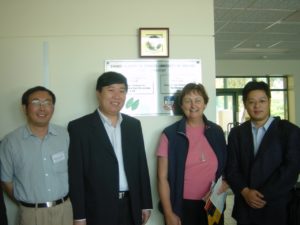 rtunate to have such a great mentor in the critical period of advancing my career. Sally was always encouraging and positive about what I did, even at experimental failure, which gave me much confidence in developing new ideas. English is my second language, and I have particularly benefited from Sally’s supervision in writing and editing research articles, and this even continued after I returned to China running my own lab, as she was our honorary professor at the Chinese Academy of Sciences, with the establishment of a joint lab.
rtunate to have such a great mentor in the critical period of advancing my career. Sally was always encouraging and positive about what I did, even at experimental failure, which gave me much confidence in developing new ideas. English is my second language, and I have particularly benefited from Sally’s supervision in writing and editing research articles, and this even continued after I returned to China running my own lab, as she was our honorary professor at the Chinese Academy of Sciences, with the establishment of a joint lab.
I am forever grateful to Sally’s excellent supervision and inspiration, and I will certainly pass this on to future generations of scientists through my own students. Sally lives in our minds forever.
Tim Cavagnaro – PhD student (1998-2001), Postdoctoral researcher (2001-2003)
In the final semester of my undergraduate studies I took Sally’s course in Soil Biology and Biochemistry. She spoke on the topic of mycorrhizas (and indeed all things soil biology) with such enthusiasm and excitement that I was inspired to pursue a PhD under her supervision. Sally had an unparalleled knowledge of the literature, but more than that, she was able to explain its significance and meaning to any and all. She taught me many lessons over the years, including statistical significance and biological significance are not synonymous, nor are expression of the transporters and fluxes across the membranes, and that when things when things go wrong it is all part of “life’s rich pageant”. I fear that Sally often despaired of my writing (and excessive use of commas), but she patiently worked with me to improve in this and other areas. Sally continued to support me well beyond my time as a student and postdoc in the lab – she was always happy to offer advice, and if ever in doubt I ask myself the question: What would Sally do…? The last time I saw Sally was in our regular lab meeting – as always, she shared sage advice with the group and encouraged students in their work. I think the most the most important lessons I learnt from Sally were about the type of scientist I aspire to be. Sally was a mentor, trailblazer, inspiration and above all a friend. Having read the words of my friends and colleagues above, I know I am not alone in this sentiment.
Liz Farquharson (nee Drew) – PhD student (1999-2002)
SE Smith
S is for Sal. From students to professors she was almost always ‘just’ Sal. I have many fond memories of sharing lunch and conversation with Sally and Andrew Smith in the soils tea room through my PhD years.
E is for Enthusiasm. In all she did from lectures in soil biology, to supervision of students or bird watching camping trips, it was fantastic to spur you into action.
S is for Science & Spelling! Sally valued ideas, critical thinking, good science and great writing. Her editing skills were impressive and she could turn around a thesis chapter in one weekend!
M is Mycorrhiza (of course!) – Her contribution to this field of research will endure.
I is for Intellect. Sharp and savvy, always thinking, always a question and a memory of the literature like no other. Sally could pull a reference from 20 years ago seemingly out of thin air and provide full details almost to page number.
T is for Teacher. Sally taught me how to be a researcher; how to go about asking the right questions and then how to go about finding the answers to them.
H is for honoured. Sally was a highly valued member of the University of Adelaide and the wider scientific community. Her influence in shaping the careers of so many is a tribute to her value, as a fellow human and as the brilliant researcher she was. We can each honour her life when we put in to practice what we have learnt from her.
Our deepest condolences go to Professor Andrew Smith and their two daughters.
Jean-Patrick Toussaint – PhD student (2004-2008)
In 2002, with my Masters in hands, I timidly but boldly emailed Sally Smith. Not only did Sally accept that I come visit her lab for 3 months (from Dec ’02-Feb ’03), she also provided support and much guidance during that time. So, almost two years later, in August 2004, I went back to Australia to start my PhD in Sally’s lab; she gave me the flexibility and freedom to explore my creative ideas, challenged me to define the best protocols I needed to test my hypotheses and provided me with a wealth of knowledge on the basic understanding of this field of plant physiology;
Of course, Sally was a brilliant academic – but she was also an exceptional female mentor and role model: she provided strong guidance to students she took under her wing, doing her best to offer as many professional/speaking experiences as possible; she was a force to reckon with, who would not shy away from a prickly scientific conversation or dispute…and certainly not from male figures who would think a bit too much of themselves; moreover, she was ruthless with English grammar;
It is hard to capture into words all of Sal’s legacy – not only for the academic world, but also for the person that I became; she has very much imprinted my own personal and professional journey, and I could have never thanked her enough for everything she’s done and was.
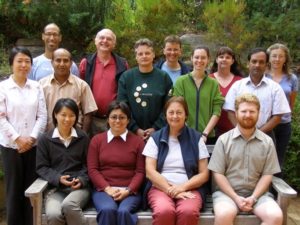
Rebecca and Jamus Stonor – Technical assistant and lab manager (Rebecca; 2005-2013)
The last time I saw Sally she was spritely and full of life. She threw her (hefty) bird watching telescope and tripod over her shoulder and we marched over the sand dunes to the beach… Sally to me was less of a supervisor, although she was that too, and more of a devoted mentor. She was an inspiring role model, especially for a young woman in science, but above all else and especially later I considered her to be a friend. Despite her high position and achievements she was always interested in what was going on in my life; how the kids were and how well our tomatoes were growing in the veggie garden at home. Over coffee in the tearoom we had endless conversations about the lack of rain, the state of the environment, birds and flowers and plants thriving or barely surviving in our gardens. I still can’t believe she’s no longer with us, but feel immense gratitude for having her in my life. She is gone now from this Earth, but there are many lovely reminders of her; the special irises she gave us will bloom every spring in our garden and I will always remember Sal.
Last chance ASPS2019 poster abstract submission, Phytogen and journal updates
30 September 2019
Dear ASPS members,
Just a reminder to submit your ASPS2019 poster abstract before October.
Submit your abstract HERE
Register for ASPS2019 HERE
View the draft ASPS2019 program HERE
If you haven’t already read the September edition of Phytogen it can be viewed HERE.
The International Journal of Molecular Sciences (IJMS, ISSN 1422-0067, Impact Factor: 4.183) is an open access journal which provides an advanced forum for molecular studies in biology, chemistry and biophysics. Our aim is to provide rigorous peer review and enable rapid publication of cutting-edge research to educate and inspire the scientific community worldwide. IJMS is indexed by the Science Citation Index Expanded (Web of Science), MEDLINE (PubMed) and other important databases. Manuscripts are peer-reviewed and a first decision provided to authors approximately 17 days after submission; acceptance to publication is undertaken in 4.9 days (median values for papers published in this journal in the second half of 2018).
Plants (ISSN 2223-7747; Impact Factor: 2.632) is an open access journal of plant science. Our aim is to encourage scientists and research groups to publish theoretical and experimental results of research in all fundamental and applied fields of plant science. Plants is indexed by the Science Citation Index Expanded (Web of Science), BIOSIS Previews (Clarivate Analytics), Scopus and other important databases. Citations are available in PubMed and full-text are archived in PubMed Central. Manuscripts are peer-reviewed and a first decision provided to authors approximately 13.7 days after submission; acceptance to publication is undertaken in 5.8 days (median values for papers published in 2018).
Your suggestions of key priorities for plant/agricultural sciences
24 September 2019
Dear ASPS members,
An inquiry has been launched by the Standing Committee on Agriculture and Water Resources.
We think that this topic is of particular interest to members of ASPS and as such we are preparing a submission collectively. This will be led by Dr Tracey Cuin (UTAS) and Dr Mike Haydon (UoM).
The link information for the inquiry can be found here and submissions close on Monday the 14th of October. (https://www.aph.gov.au/Parliamentary_Business/Committees/House/Standing_Committee_on_Agriculture_and_Water_Resources/Agriculturegrowth)
Please respond to the ASPS secretary Vanessa Melino (vanessa.melino@unimelb.edu.au) with your suggestions of key priorities for plant/agricultural sciences in relation to the terms of reference: “The Committee will inquire into and report on, the opportunities and impediments to the primary production sectors realising their ambition to achieve a combined $100 billion value of production by 2030.”
Please send your comments by Monday 30th of September.
Kind Regards,
Professor Kathleen Soole
President – Australian Society of Plant Scientists (www.asps.org.au)
Barry Osmond Symposium and ASPS2019 draft timetable
01 September 2019
Hello ASPS members,
We’d like to draw you attention to the Symposium celebrating Barry Osmond: Reflections in a Flash which will be held Sept 12th and 13th at ANU. Registration and further information can be found on the ASPS events page HERE.
The ASPS2019 draft timetable is now available HERE or on the ASPS2019 website HERE.
August Phytogen and GPC e-bulletin
19 August 2019
Hello ASPS members,
The August edition of Phytogen has been published and can be accessed here.
The GPC August e-bulletin can be viewed here.
New employment opportunities have been posted on the ASPS job board and can be viewed here.
ASPS2019 early bird registration and oral abstract submission closing July 31st and employment opportunities
29 July 2019
Hello ASPS members,
Your last reminder the deadline for ASPS2019 early bird registration and abstract submission is in three days (July 31st).
You can register for ASPS2019 here.
You can submit an abstract here.
There are also many employment opportunities posted through the ASPS here.
July Phytogen, GPC e-bulletin and ASPS2019 registration and oral abstract submission closing July 31st.
22 July 2019
Hello ASPS members,
The July edition of Phytogen has been published. You can access the latest edition here.
The July GPC e-bulletin can be accessed here.
The deadline for ASPS2019 early bird registration and abstract submission is in nine days (July 31st).
You can register for ASPS2019 here.
You can submit an abstract here.
Extension to ASPS2019 registration and abstract submission.
02 July 2019
Hello ASPS members,
The deadline for ASPS2019 early bird registration and abstract submission has been extended to July 31st.
You can register for ASPS2019 here.
You can submit an abstract here.
Recent Posts
Tags
Archives
- June 2025
- May 2025
- April 2025
- March 2025
- February 2025
- January 2025
- December 2024
- November 2024
- October 2024
- September 2024
- August 2024
- July 2024
- June 2024
- May 2024
- April 2024
- February 2024
- January 2024
- November 2023
- October 2023
- September 2023
- August 2023
- July 2023
- June 2023
- May 2023
- April 2023
- March 2023
- February 2023
- December 2022
- November 2022
- October 2022
- September 2022
- August 2022
- July 2022
- June 2022
- May 2022
- April 2022
- March 2022
- February 2022
- January 2022
- December 2021
- November 2021
- October 2021
- September 2021
- August 2021
- July 2021
- June 2021
- April 2021
- March 2021
- February 2021
- January 2021
- December 2020
- November 2020
- October 2020
- September 2020
- August 2020
- July 2020
- June 2020
- May 2020
- April 2020
- March 2020
- February 2020
- January 2020
- December 2019
- November 2019
- October 2019
- September 2019
- August 2019
- July 2019
- June 2019
- May 2019
- April 2019
- March 2019
- February 2019
- January 2019
- December 2018
- November 2018
- October 2018
- September 2018
- August 2018
- July 2018
- June 2018
- May 2018
- April 2018
- March 2018
- February 2018
- January 2018
- December 2017
- November 2017
- October 2017
- September 2017
- August 2017
- July 2017
- June 2017
- May 2017
- April 2017
- March 2017
- February 2017
- January 2017
- December 2016
- November 2016
- October 2016
- September 2016
- August 2016
- July 2016
- June 2016
- May 2016
- April 2016
- March 2016
- February 2016
- January 2016
- December 2015
- November 2015
- October 2015
- September 2015
- August 2015
- July 2015
- June 2015
- May 2015
- April 2015
- March 2015
- February 2015
- January 2015
- December 2014
- November 2014
- October 2014
- September 2014
- August 2014
- July 2014
- June 2014
Copyright 2017 Australian Society of Plant Scientists Disclaimer & Privacy
Website by Michael Major Media

